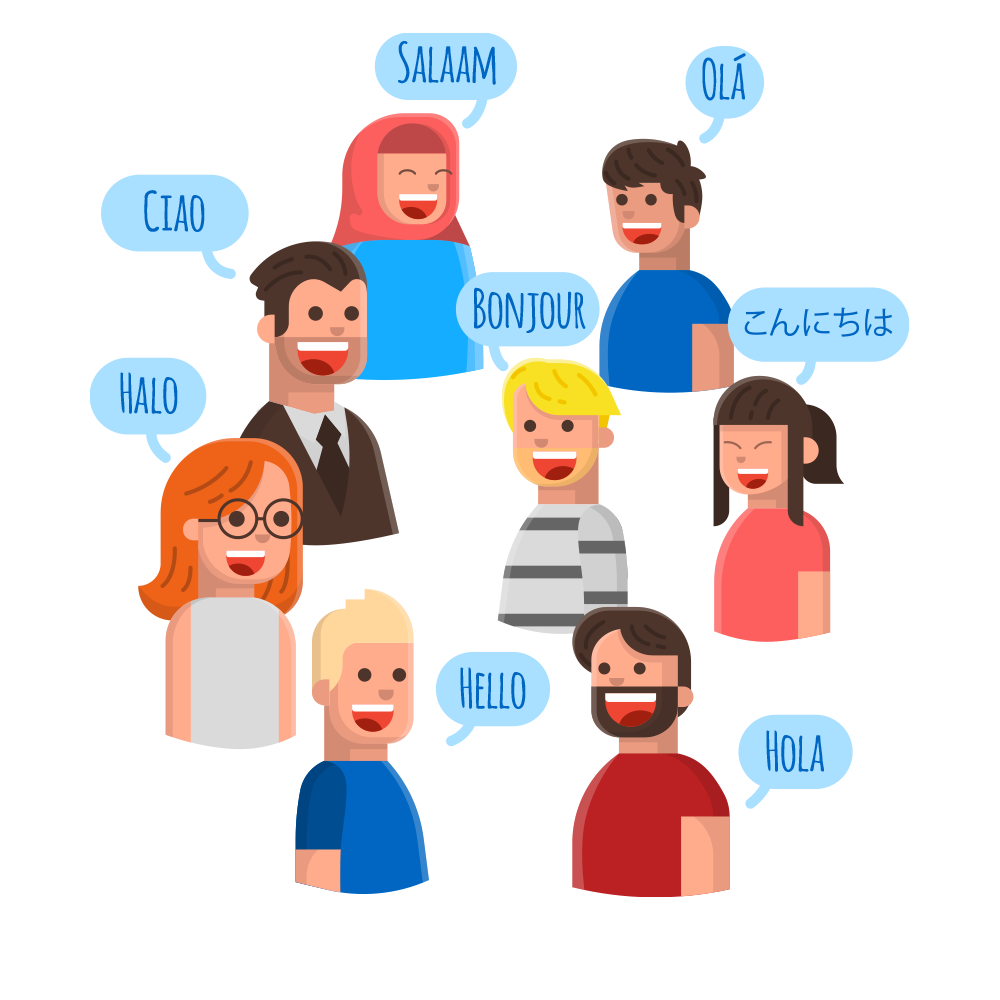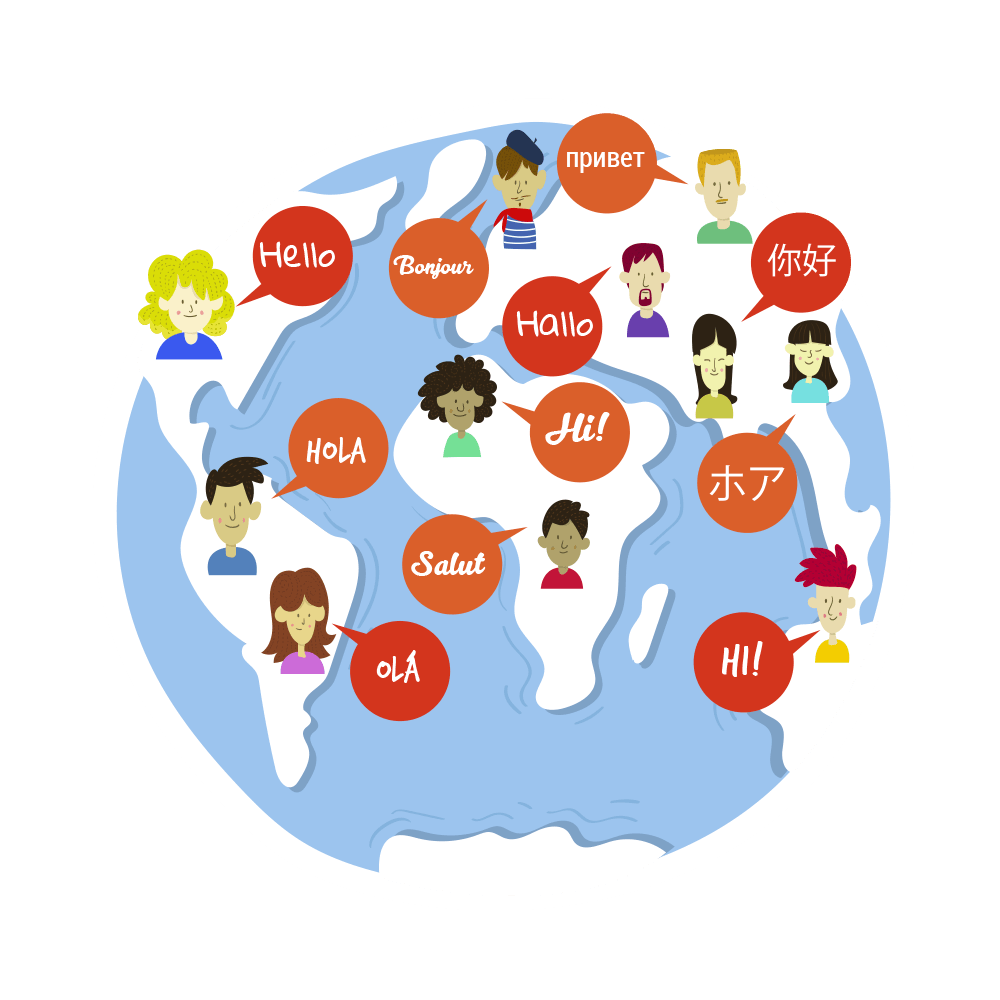Our Reasons
The reasons for this fundraising.

It is wonderful that precisely from Italy, the cradle of literature, the first Cultural Network in Virtual Reality was born.
We are passionate about our project and our ideas are limitless. There are so many things we would like to achieve thanks to your help.
We consider ourselves pioneers in the cultural virtual reality space. We are proud of the strides we have already made, using personal funding, friends and acquaintances. Our confidence in this project has allowed us to get this far. Now we are ready to move forward, looking for more funding to take our project worldwide. Now is the opportunity for you to be a part of this revolutionary marriage of culture and technology. Now is the time for us to take control over Artificial Intelligence, using it to further our cultural passions.
Below are just some of the projects we have conceived over the years and now intend to realize.



